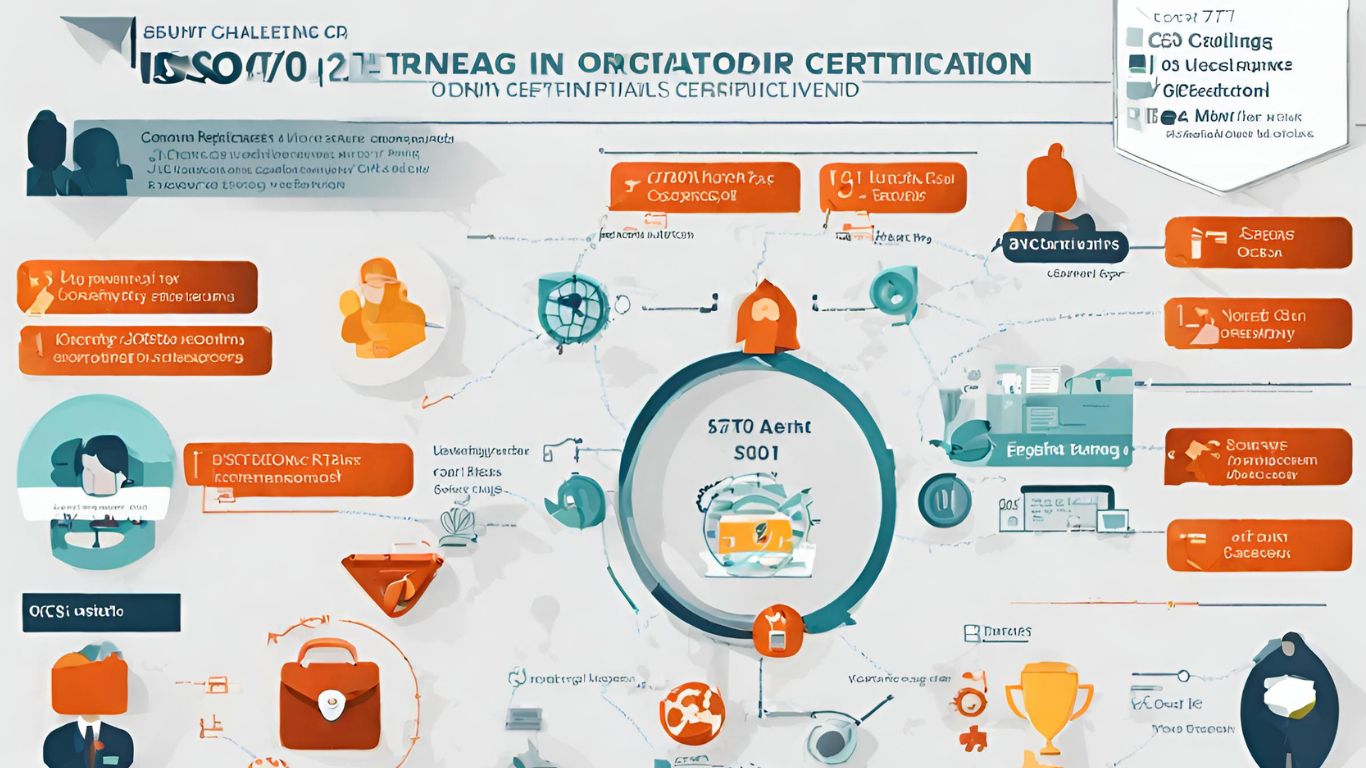Common Challenges in Obtaining ISO 27001 Certification
Achieving ISO 27001 certification is a significant milestone for organizations looking to demonstrate their commitment to information security management. However, the path to certification is fraught with challenges that require meticulous planning, technical expertise, and organizational dedication. In this comprehensive post, we delve into the intricate details of common problems encountered by organizations during their journey to ISO 27001 certification.
- Inadequate Risk Assessment: One of the foundational steps in ISO 27001 compliance is a thorough risk assessment. Many organizations falter by either underestimating the complexity of their information security landscape or neglecting key risk areas. A comprehensive risk assessment is critical for identifying vulnerabilities and defining appropriate controls.
- Lack of Management Support: Without unwavering support from top management, the ISO 27001 implementation process can face significant hurdles. Executive commitment is essential for allocating resources, overcoming resistance to change, and fostering a security-centric culture throughout the organization.
- Insufficient Resources Allocation: Effective implementation of ISO 27001 requires a dedicated allocation of resources, including personnel, time, and financial investment. Inadequate resourcing can lead to incomplete documentation, poorly designed security controls, and ultimately, failure in achieving certification.
- Poorly Defined Information Security Policies: Developing robust information security policies is a cornerstone of ISO 27001 compliance. Organizations often encounter challenges in articulating clear, concise, and enforceable policies that align with their business objectives while addressing the ISO 27001 requirements.
- Ineffective Incident Response Plans: An organization’s ability to respond to security incidents is a crucial aspect of ISO 27001 compliance. Failure to establish and test incident response plans can result in delayed or ineffective responses to security breaches, jeopardizing the confidentiality, integrity, and availability of sensitive information.
- Complex Documentation Requirements: ISO 27001 demands extensive documentation, ranging from the Statement of Applicability to risk treatment plans. Organizations often struggle with the sheer volume and complexity of documentation, leading to incomplete or inadequate records that may not pass the scrutiny of auditors.
- Inadequate Employee Training and Awareness: Human error remains a significant factor in information security breaches. Without proper training and awareness programs, employees may inadvertently compromise security measures. Continuous training is vital for cultivating a security-aware culture within the organization.
- Inefficient Internal Audits: Conducting effective internal audits is a crucial step in the ISO 27001 certification process. Organizations may face challenges in designing and executing audits that accurately assess compliance, identify areas for improvement, and ensure ongoing adherence to the standard.
Conclusion: Navigating the complex landscape of ISO 27001 certification requires a strategic and meticulous approach. At Joushen, we understand the intricacies of information security management and offer comprehensive ISO 27001 services to guide your organization through every stage of the certification process. Our team of experts is dedicated to helping you overcome challenges and achieve ISO 27001 certification with confidence. Contact us today to embark on a journey towards robust information security practices.

